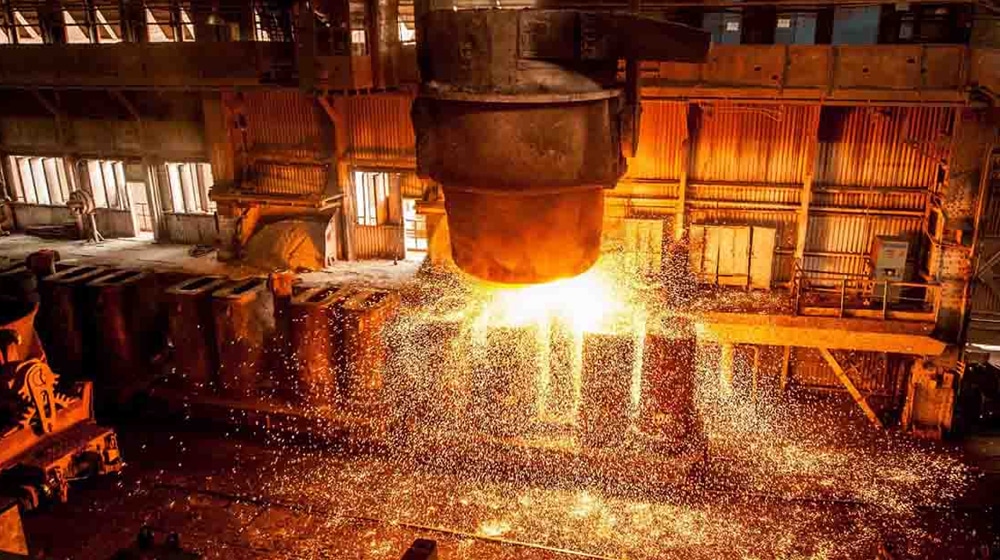
Looming Shadow over Steel Producers
FF Steel has a strong focus on researching innovative methods and procedures for the amelioration of hurdles that hinder the effectiveness and productivity of the production process and the day-to-day working. Getting rid of such obstacles and adapting to the dynamic environment in a swift manner is one of the primary goals of FF Steel. However, some macroeconomic factors happen to affect the entire country when companies start to struggle. The aftermath of the floods that recently affected various parts of the country is one such factor that has severely affected the various industries nationwide.
In Pakistan, 1.5 million people were reported to have been diagnosed with Covid 19, whereas the flooding alone has caused 33 million people to become displaced, a challenge that is seen as 22 times worse than the Covid outbreak as many of the areas are still underwater and around 7 million people have become poverty-ridden due to the natural catastrophe. The cost burden of the floods on the economy can be seen to be crossing over well over $30 billion.
The State Bank of Pakistan has been asked for an emergency rate drop by the Pakistan Association of Large Steel Producers (PALSP), as the industry is on the brink of collapse due to devastating rains that are creating havoc on the economy and the industry. In a statement released by the association, it was told that the PALSP accounts for over 70% of the country’s total steel producers. Current situations have adversely affected the majority of them due to the economic adversities created by record flooding coupled with some other factors. They claim the prevailing situation is direr than when Covid had the country on lockdown. Subsequently, more drastic measures are required to protect millions of jobs and avoid social unrest. They claim things will only be expected to get worse. Keeping decade-high interest rates holds zero logic as there is demand contraction across the board due to the floods. Commodity prices have softened, oil prices have come down and we are in a state of economic emergency, they advise the State Bank of Pakistan to act boldly in the best interest of the country.
The inter-bank rate (which is a benchmark for the economy) currently stands at 15%, the highest since the last two decades last seen in April 1999. Industry experts believe that the unbearable benchmark interest rate of 15% is unsustainable for industries while comparing it with other regional economies, the benchmark interest rate in Malaysia is 2.5%, Bangladesh 3.08%, and India 5.9%.
It must be noted that the People’s Bank of China cut its rate on a one-year loan to 2.75% from 2.85% and injected an extra 400 billion yuan ($60 billion) into lending markets after growth in factory output and retail sales weakened in July and home sales fell by double digits. PALSP further notes that in other economies such as the UK, the core inflation stands at 9.9% and the monetary policy rate is at 2.25%, signifying a real negative interest rate of -7.65%. It would be prudent to note that the UK has announced a £150bn energy subsidy scheme, whereas Germany has deployed €200bn in economic stimulus. However, Pakistan’s core inflation stands at 13.8% for September and CPI (consumer price index) has softened month on month, along with a regional average interest rate of 3.82%. Pakistan’s discount rate should be brought down to an acceptable level in comparison to inflation.
The steel industry, a capital-intensive sector of the economy, is already experiencing significant liquidity constraints, and several small- to medium-sized mills have already closed. For many years to come, this will do structural damage to the industry. What Pakistan would do, asks PALSP, "When we try to rebuild our 400 destroyed bridges and 3000km of roads because, if SBP does not make emergency cuts, not many of the steel mills would remain in operation?"
